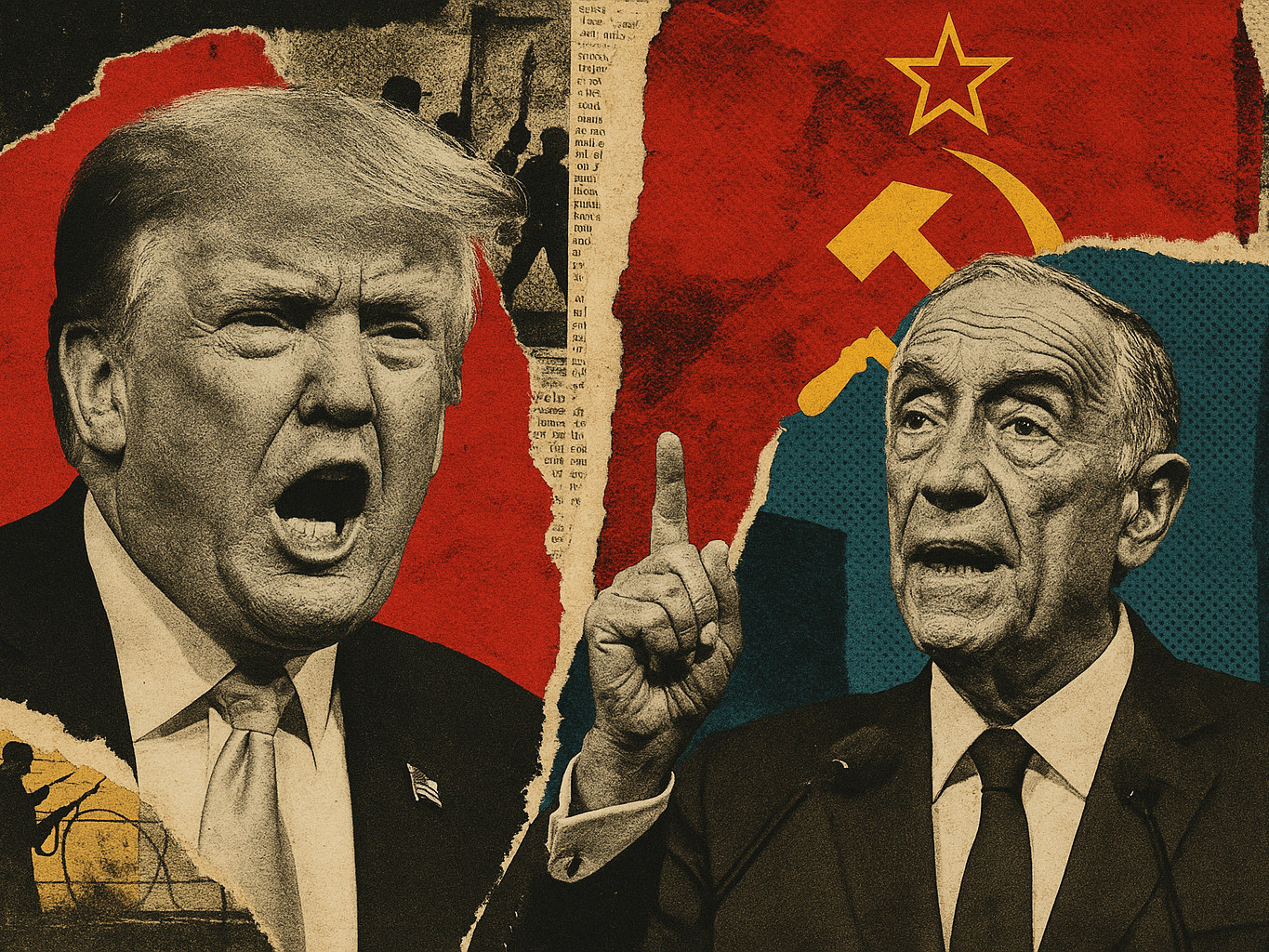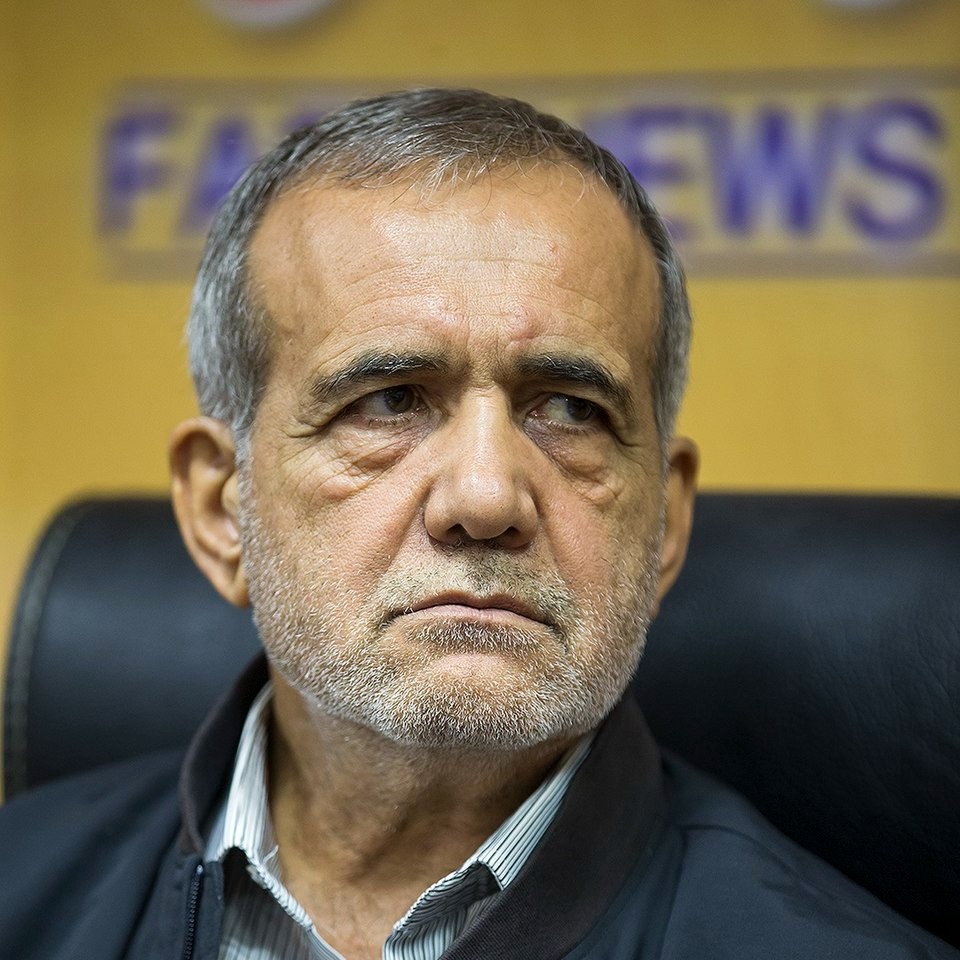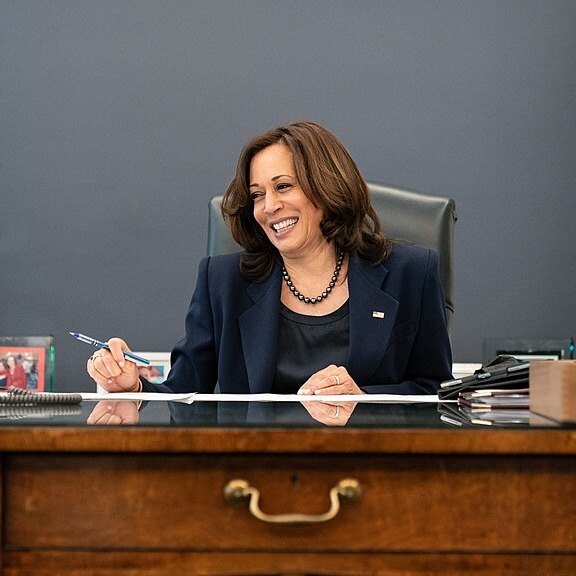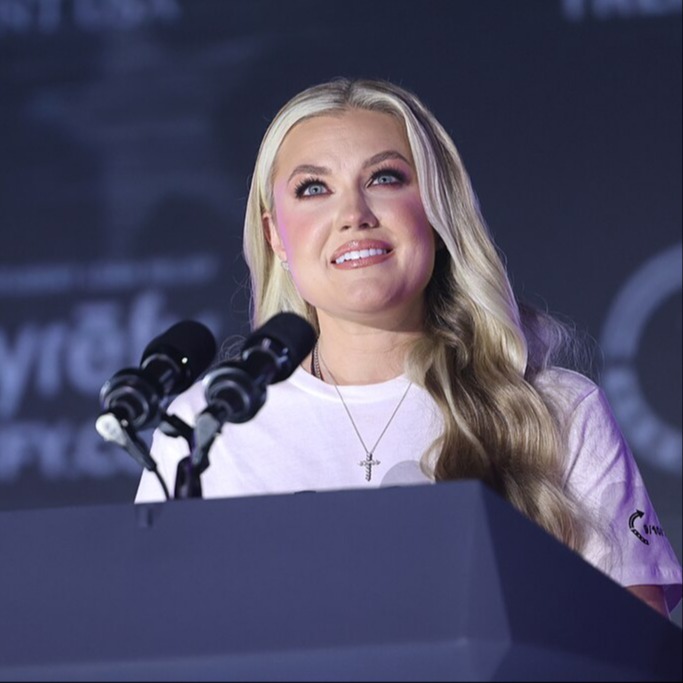
Portugal’s President Marcelo Rebelo de Sousa delivered a blistering rebuke of U.S. President Donald Trump, branding him “objectively, a Soviet, or Russian, asset” in a sharp critique of his handling of the ongoing war in Ukraine. The statement, reportedly made during a political event in late August 2025, sent shockwaves through diplomatic circles, marking a rare and dramatic public scolding from a European leader toward the American president. This moment serves as a stark European reality check on Washington’s wavering stance toward Moscow, exposing deep frustrations with what many see as a tepid and inconsistent U.S. approach to Russia’s aggression.
A Stunning Rebuke From Lisbon
At a gathering organized by Portugal’s Social Democratic Party in Castelo de Vide, Rebelo de Sousa did not mince words. He described Trump’s leadership as a “new, more emotionally-charged political style” but quickly pivoted to a harsh assessment of the U.S. president’s role in the Ukraine conflict, as reported by Ukrinform. “The supreme leader of the world’s greatest superpower is, objectively, a Soviet, or Russian, asset. He functions as an asset,” Robelo de Sousa said, according to The Daily Beast — a phrase loaded with Cold War-era connotations that imply Trump’s policies have strategically benefited Russia rather than countered its ambitions.
This was not a claim of formal alliance or ideological kinship, the Portuguese leader clarified. Instead, he framed it as an objective reality based on Trump’s actions and policies, which he said have shifted the United States from a staunch ally of Ukraine to a more neutral “referee” in the conflict, as reported by Ukrinform. Rebelo de Sousa criticized Trump for seeking negotiations exclusively with Russia, effectively sidelining Ukraine and Europe from meaningful diplomatic engagement.
The Context of a Wavering US Stance
The war in Ukraine, which erupted over three years ago when Russian President Vladimir Putin launched a full-scale invasion, has drawn global condemnation and a complex web of international responses. The United States, historically a key supporter of Ukraine, has imposed sanctions on Russia and provided military aid. However, Rebelo de Sousa’s comments highlight a growing perception in Europe that the U.S. under Trump has softened its posture.
Trump’s public statements have been notably inconsistent. While he has occasionally threatened Russia with “severe consequences” if the war continues, according to The Daily Beast, he has also criticized Ukrainian President Volodymyr Zelensky and expressed support for Russian peace proposals that would require Ukraine to cede territory, including the contested Donbas region.
At a recent summit in Alaska, Trump failed to secure a ceasefire from Putin and instead suggested that Zelensky could end the war “almost immediately” if he chose to do so, a remark that many interpreted as shifting blame onto Ukraine, as reported by The Daily Beast.
Europe’s Growing Frustration
Rebelo de Sousa’s remarks reflect a broader unease among European leaders about the direction of U.S. policy. Recently, seven European heads of state reportedly traveled to Washington to support Zelensky during his meeting with Trump, signaling a desire to reinforce the transatlantic alliance and prevent a repeat of earlier tensions.
The Portuguese president’s use of the term “Asset” is particularly striking given its historical weight. It evokes the Cold War era when Soviet agents were accused of covertly influencing Western governments. By applying this label to Trump, Rebelo de Sousa is not only criticizing specific policies but also questioning the president’s overall alignment in the geopolitical struggle.
Trump’s Diplomatic Tightrope
Trump’s approach to the Ukraine war has been a balancing act between condemning Russian aggression and pursuing what he calls a pragmatic peace. He has praised some of Putin’s moves as “genius” and “savvy,” according to The Daily Beast, while simultaneously condemning attacks on civilians. His support for recognizing Crimea’s annexation and keeping Ukraine out of NATO aligns with Kremlin demands, complicating the U.S. position.
This posture has drawn criticism not only from European leaders but also from within the United States, where some officials and commentators have expressed concern that such a stance undermines Ukraine’s sovereignty and the broader international order.
A Diplomatic Crossroads
Rebelo de Sousa’s comments underscore a critical moment in transatlantic relations. The Portuguese president’s blunt assessment serves as a wake-up call to Washington, highlighting the risks of a perceived retreat from leadership in the face of authoritarian aggression.
Europe’s frustration is palpable. Leaders like Rebelo de Sousa are signaling that the U.S. must reaffirm its commitment to Ukraine and its European allies or risk ceding influence to Russia. The stakes are high, with the war’s outcome shaping the future security architecture of the continent.
What Lies Ahead?
As the conflict grinds on, the world watches closely to see how the U.S. will navigate its role. Will Trump’s administration double down on diplomatic efforts that critics say favor Russia, or will it recalibrate to support Ukraine more robustly? Rebelo de Sousa’s words suggest that Europe is ready to call out any wavering and expects clear leadership.
For now, the Portuguese president’s dramatic declaration stands as a rare and pointed European rebuke of the American president, a reminder that in the high-stakes game of global power, words and actions carry weight far beyond national borders.
References: Portuguese President Marcelo Rebelo de Sousa Calls Donald Trump a ‘Soviet Asset’ Over Russia-Ukraine War | Portuguese president calls Trump ‘Soviet or Russian asset’ | Portuguese president calls Trump Soviet or Russian agent | RBC-Ukraine







